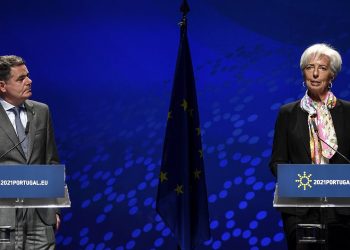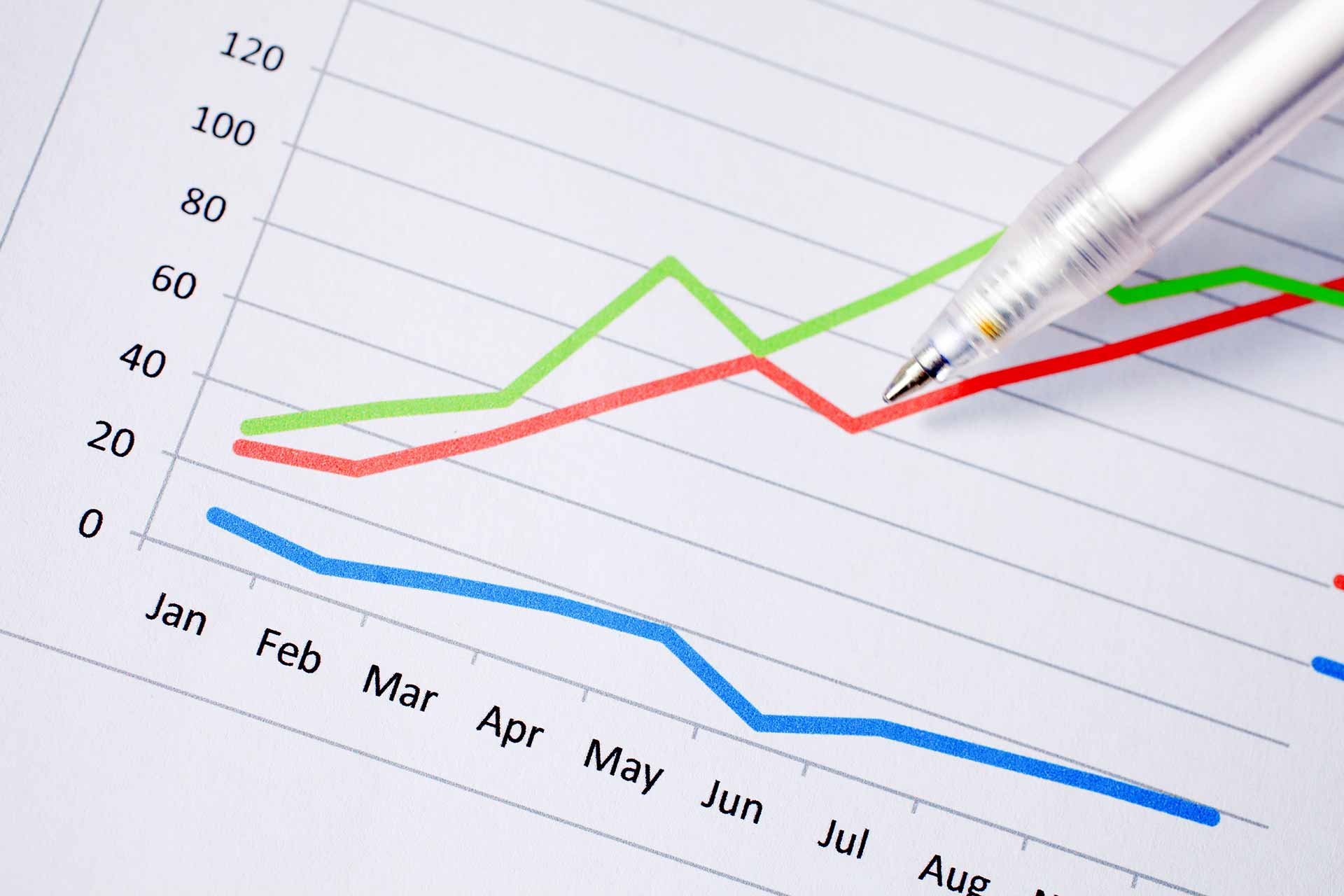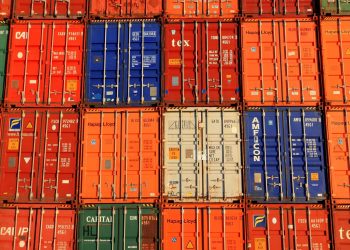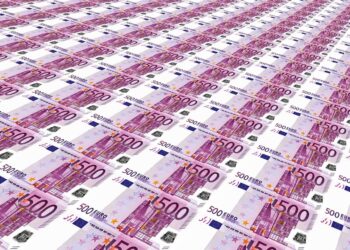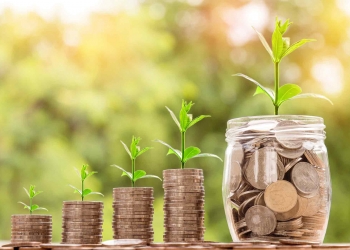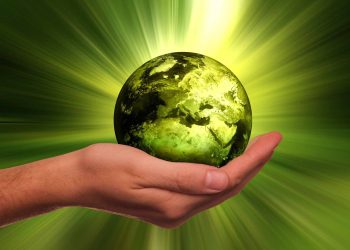Sustainable Consumption may mean different things to different people. Worldwide consumption and production – a driving force of the global economy – rest on the use of the natural environment and resources in a way that continues to have destructive impacts on the planet. Economic and social progress over the last century has been accompanied by environmental degradation. This is endangering the very systems on which our future development – indeed, our very survival – depends.
Sustainable Consumption and Production is about systemic change. First it is decoupling economic growth from environmental degradation and applying a lifecycle thinking approach. Also it takes into account all phases of resource use in order to do more and better with less. Certain overarching concepts weave together broad areas of consensus to establish a holistic approach. This transcends regions and sectors of activity.
One Plan for One Planet
A few facts and figures:
- Each year, an estimated one third of all food produced – equivalent to 1.3 billion tonnes worth around $1 trillion – ends up rotting in the bins of consumers and retailers, or spoiling due to poor transportation and harvesting practices.
- If people worldwide switched to energy efficient light bulbs the world would save US$120 billion annually.
- Should the global population reach 9.6 billion by 2050, the equivalent of almost three planets could be required to provide the natural resources needed to sustain current lifestyles.
- The COVID-19 pandemic offers countries an opportunity to build recovery plans that will reverse current trends and change our consumption and production patterns towards a more sustainable future.
Doing more and better with less
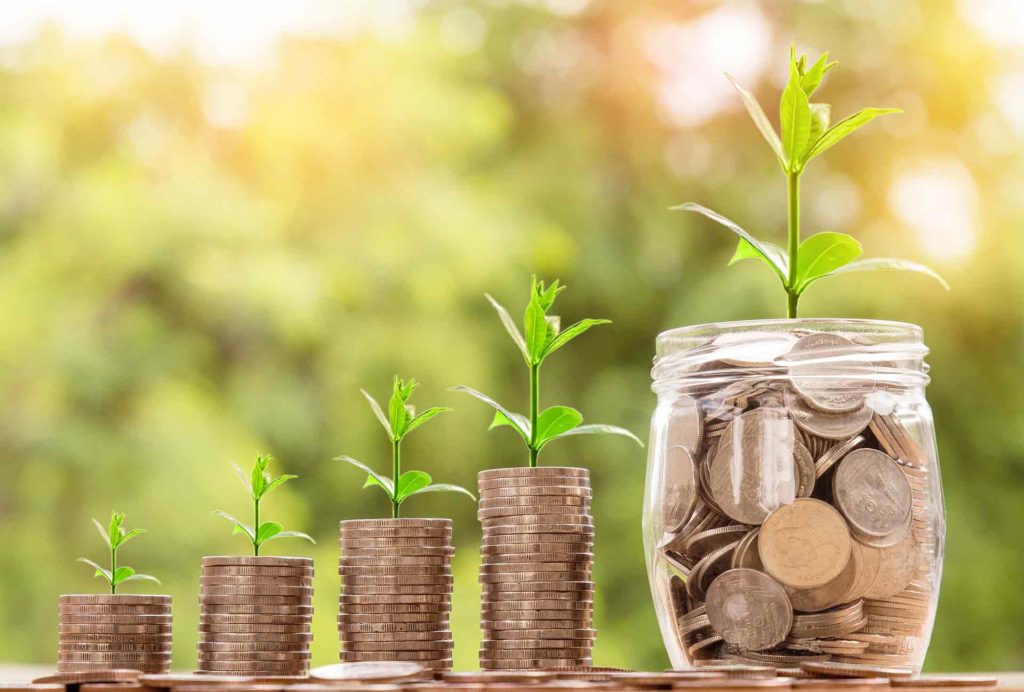
Sustainable consumption and production is about doing more and better with less. It is also about decoupling economic growth from environmental degradation, increasing resource efficiency and promoting sustainable lifestyles. Sustainable consumption and production can also contribute substantially to poverty alleviation and the transition towards low-carbon and green economies.
Local authorities are crucial to invest EU funds for Recovery
Global challenges such as excessive resource extraction, increasing pollution and loss of biodiversity have a link to increasing consumption of goods and services. Citizens, businesses and governments in developed countries currently consume at an unsustainable rate. Finding ways to support, advance and enable sustainable consumption is an essential step to solving these global challenges.
European Week for Waste Reduction
The European Week for Waste Reduction kicks off with over 10,600 actions to reduce, reuse, recycle, and clean up. The European Week for Waste Reduction (EWWR) is back for another intensive week of awareness. EU events take place from 21 to 29 November 2020. For its 12th edition, over 10,600 actions will be carried out across 32 countries in Europe and beyond. Events focus on waste reduction, products reuse, materials recycling, as well as clean-ups.
Circular economy and waste reduction
The new circular economy package sets out ambitious recycling and landfilling targets for the EU. Managing waste in a more efficient manner is the first step towards a circular economy. Most if not all products and materials are recycled or re-used repeatedly. Sustainable Consumption is in close contact with circular economy and waste reduction.
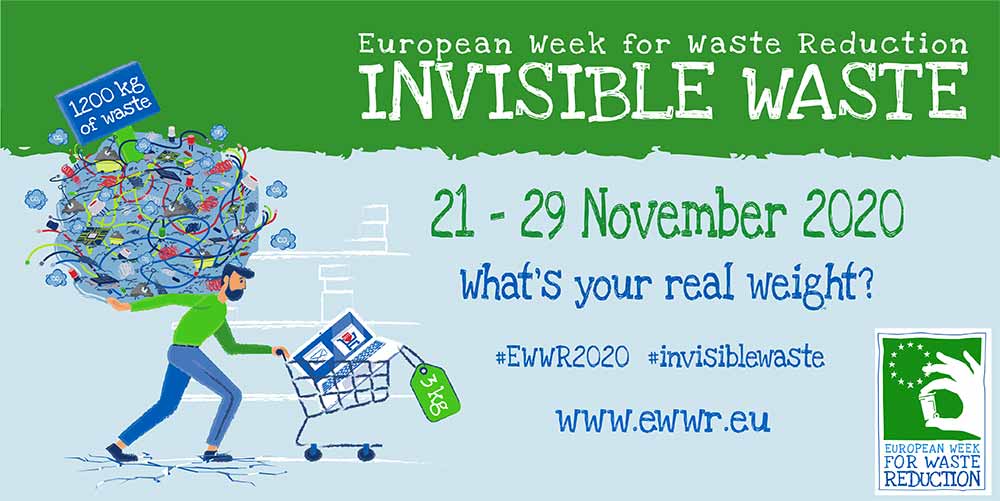
The EWWR is a leading international campaign. EWWR events promote waste prevention through awareness-raising actions organised during a single week in November. The objective of these actions is to change the behaviour surrounding consumption patterns and waste generation habits.
EWWR: Reduce, Reuse, Recycle
Participants are as diverse as schools, public administrations, companies, NGOs, and citizens. EU works to accomplish waste and climate targets. A wide variety of stakeholders need to take action at different levels: local, regional, national, and international. The EWWR brings together such actors at different levels in dozens of countries.
Each year, the EWWR selects a specific aspect of waste reduction on which to focus. For the 12th edition, the theme is invisible waste. Waste is out of sight to most of us because it is generated during the manufacturing of products. This theme highlights the need to prevent waste all along the life cycle of a product. It needs also to challenge participants to make invisible waste visible and get to know the “real weight” they carry home after a purchase.
European Parliament eudebates Sustainability
MEPs call for new measures to promote a culture of repair and reuse and support second-hand businesses and local repairers. On 23 November MEPs discuss what concrete steps we need to promote sustainable consumption in the European single market. The debate includes the “right to repair” by making it easier and cheaper for consumers to have products repaired.
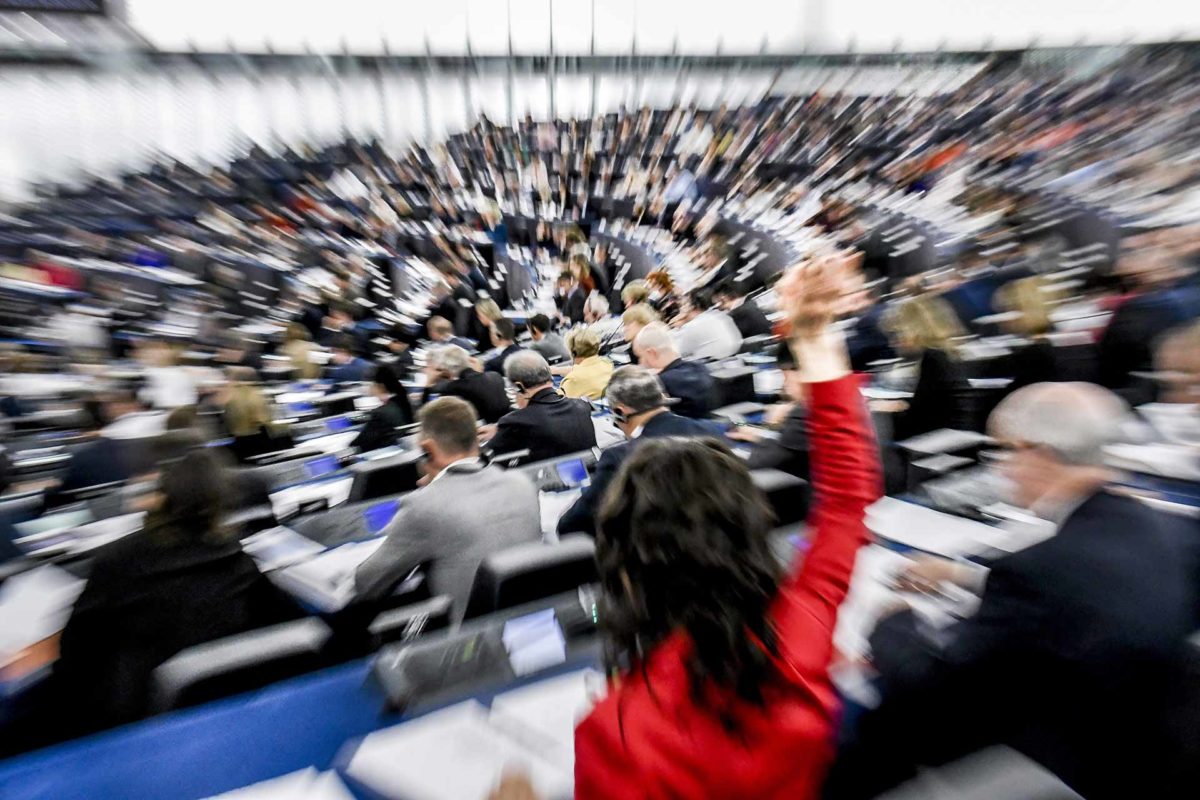
Why is encouraging sustainable consumption important?
David Cormand, a French member of the Greens/EFA group, noted in his report on a more sustainable single market that in 2019 the EU’s ecological footprint had already exceeded the capacity of the planet‘s ecostems on 10 May, which is known as EU Overshoot Day. This means that if everyone consumed as much as people in the EU, we would need 2.8 planet Earths.
The reports also says that the current system of products’ built-in obsolescence and lack of access to spare parts, information about guarantees and repair possibilities pushes people to buy new items instead of repairing them. Some 59% of consumers do not know that the legal minimum guarantee period in the EU is two years.
Attitudes of Europeans toward reuse and repair in numbers
It’s also pretty clear there is public demand for sustainability. According to a Eurobarometer survey, 77% of Europeans try to repair items before replacing them . The European Commission’s 2018 behavioural study says consumers are three times more likely to buy a product if it has a label: Durable and Repairable.
Sustainable Consumption begins with Durable and Repairable products
Some 79% of EU citizens say that manufacturers of digital devices will have to make it easier to repair or replace individual parts.

How do MEPs want to achieve sustainable consumption?
The report on a sustainable single market calls for a genuine ”right to repair”, meaning the repairs should be simple and affordable. MEPs want better access to information on repairs, promotion of home repairs, support for local, independent repairers and a guarantee to cover product repairs. They also want to solve the issue of intellectual property rights that leave the right to repair only with a designer or distributor.
Culture of reuse
In addition, they are calling for legislation on labelling to indicate the durability and reparability of a product. MEPs also want to promote a culture of reuse. If consumers are to trust pre-owned products, they need transparency, as well as guarantees, certifying the condition of products. They welcome business models based on renting, but suggest they should be examined closely to ensure their long-term viability.

Members suggest digital technology could be used to promote a sustainable market by setting up a common database and a product passport for better tracking of products and their parts along the entire value chain; information exchanges between producers and consumers; and more effective market surveillance.
Proper analysis is needed to judge whether a given technology is environmentally friendly for its entire life cycle, from raw material extraction and the reuse of secondary raw materials to end-of-life processing, including manufacture, transport and use.
Sustainable Consumption in everyday life
They also note the possibility of the rebound effect, which occurs when efficiency gains make a product or service less expensive, thus driving up production and consumption. The reports calls for public institutions, which account for 16% of the EU’s gross domestic product , to set an example by prioritising small, local and sustainable companies in public tenders.
MEPs also want more responsible advertising, including rules covering the extraction of personal data for personalised ads and greenwashing, which is when companies give the impression that a product is more environmentally friendly than it really is.


